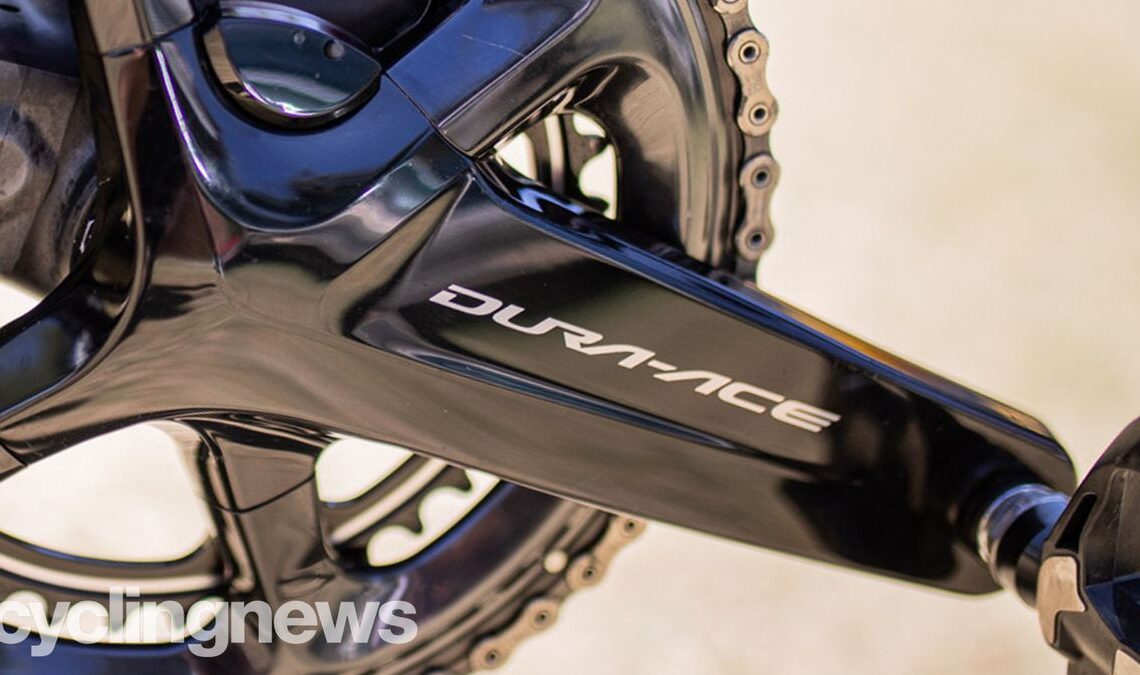Following the recent recall of 2.8 million Shimano 11-speed road cranksets, a class action lawsuit has been filed in the United States against not only the component manufacturer Shimano, but bike manufacturers Specialized and Trek, too.
The 72-page document alleges that despite issuing the voluntary recall in September 2023, Shimano had been aware of the problem since at least as early as 2016.
It also provides various case studies of failures and references media coverage of crankset failures dating back to 2017.
Shimano issued its voluntary recall in conjunction with the United States Consumer Product Safety Commission (CPSC) on September 21, quickly followed by a global ‘Inspection and Replacement Program’.
It is related to 11-speed Ultegra and Dura-Ace road cranksets manufactured between 2012 and 2019 across two model series. These were sold aftermarket, as well as OEM equipment on a variety of bikes, including but not limited to those from Specialized and Trek.
The potential failure in question related to delamination and separation of the bonded segments of the hollow-forged aluminium crank arms.
According to the CPSC, Shimano was aware of 4,519 incidents of failure. It’s unclear whether this was a global figure or related solely to its jurisdiction of North America.
The total number of affected users was quoted at 760,000 by the CPSC. Shimano later confirmed to Cyclingnews that the global figure was 2.8 million.
The action for owners is to take the affected crankset(s) to a local Shimano service centre where a mechanic will inspect it for “signs of bonding separation or delamination”.
Where signs are found, a free crankset will be issued by Shimano. If not, riders “may continue using [the] crankset as normal”.
“Inadequate”
The lawsuit alleges that Shimano is “deferring to local bike shops to make an important engineering determination” in order to save money.
It suggests this is “critical to rider safety” considering it relies “solely on visual inspection, without the benefit of stress testing.” (58.b)
It also claims Shimano is “not offering any remedy for defective cranksets that have not yet begun to fail,” leaving riders in the “frightening position of having to ride a dangerous bicycle for months or years, waiting on their cranksets to separate and potentially cause a crash before Shimano will give them a new one.” (58.c)
It alleges that Shimano made the aforementioned decisions “for profit reasons.” (59.)
Click Here to Read the Full Original Article at CyclingNews RSS Feed…

